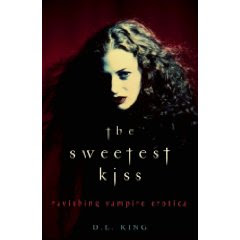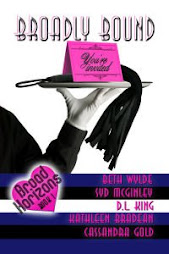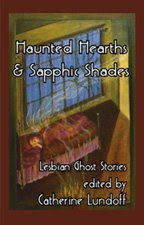I know you want to submit your story as soon as you’ve finished it. So do I. Writers are under a lot of pressure to churn out work quickly in this publishing environment. I get that. But this is a little piece of your soul you’re sending out into the universe, and polish is the only protection it’s going to have. So please, slow down. Treat your work like a gourmet meal instead of fast food. Make sure it’s presented in the best possible way. You’re the only one who will give it such loving attention.
So. Editing.
Suggested reading before editing: Self Editing for Fiction Writers (Browne & King)
A line-by-line copy edit helps you find typos, missing words, and grammar mistakes. Below, I share the way I do it, but as always, do what works for you. However, I strongly suggest that you allow the MS to sit a few weeks after you finish your final draft before you plunge into copy edits.
If you work in Word, you know all about the wavy red lines for spelling errors and the wavy green for grammar. You probably also know by now that those are often wrong. There are many online sources to help you with tricky, specific grammar questions. Plus, you have writer friends, right? Turn to them. But always verify with a trusted authority on the matter.
I write science fiction so many of my proper nouns are marked as spelling errors in the Word document. Adding them to the dictionary gets rid of so many red wavy lines and Word will flag it if I have a spelling variation (AKA a typo), which happens a lot with odd names. I have yet to figure out how to get Scrivner to accept my world-specific vocabulary.
Despite the weaknesses of Word’s grammar and spell check, it can show you interesting statistics such as percent of passive sentences and reading level. I won’t say that I dumb down my manuscripts, but if the reading level is over eighth grade, I know to look for simpler vocabulary replacements as I edit. I usually run at about 2-4% passive sentences. Despite what you’ve heard, passive sentences aren’t evil, bad things. They have a place in your writing. No editor wants to see 60% passive sentences in your MS, but you don’t have to completely eradicate them either. Another interesting statistic is average words per sentence. If it’s over twenty-five, you may be guilty of too many complex or run-on sentences. If it’s under eight, your writing may have the delivery of machine gun fire. Mix it up to create a pleasant reading cadence.
After spelling and grammar, I consult my ‘errors I make all the time so you’d think I’d know better by now’ list. I often type prefect instead of perfect. I switch the words from and form. I’m addicted to the word just. Spellcheck won’t catch those errors. Do you have crutch words or phrases? Are you aware of word substitutions you make often? Use the search function in your word processor to search for your recurring mistakes.
After I’ve finished those corrections, I print the MS for the first time. You might be able to see errors on a computer screen but I see many more on paper. I take a green pen and circle every error. If the problem is an entire sentence, sometimes I write the correction on the paper but other times I’ll simply circle it and deal with it later. POV errors, continuity, and plot holes are also circled but with a short note about the problem. This is detailed work so I don’t do too many pages at one sitting.
Next I sit down with the MS and make my corrections in the computer. This is another time when the search feature comes in handy. You can type in a three or four word string and it will find them for you so you don’t have to scroll through the whole MS.
At this point, I print the corrected MS for what I consider to be the hardest editing task. I read my entire MS aloud.
What I think I wrote makes sense. What I actually wrote is missing words or other errors I didn’t catch on my first editing run. What I actually wrote is repetitive either in theme or in word choice. What I actually wrote has weird rhythm. Or it’s a tongue twister. Or what the heck was that supposed to mean? All those errors are easily glossed over when I read mentally, but they’re glaringly obvious when I read aloud.
Reading a sex scene aloud can be embarrassing even though I wrote it. R has, on occasion, poked his head into my office and said, “Bragging about your cock again, dear?” Instant mortification.
While reading an entire novel aloud, I often get lulled into a mental space where I will start reciting what I intended to write rather than what’s actually on the page. This happens even when it’s been weeks since I looked at the MS. That’s one reason why I limit my reading aloud to about twenty to thirty minutes a day. Another reason is that reading aloud is hard on the throat.
After I’ve corrected any problems I caught that time around, I may send the MS to beta readers or I may submit it without reader input. That’s your choice. Sometimes beta readers are more harm than help. Sometimes they try to impose their vision on your story. Sometimes they simply don’t get it. Sometimes everything you do is wonderful and lovely and… no. This is not helpful. You need critique, not ego strokes. Some beta readers have brilliant insights and totally call you on your weaknesses. Love that class of beta readers. Cherish them. They are amazing, wonderful, precious humans.
That’s my method for editing both short stories and novels. Do you have any tricks for catching errors? Beta readers – yea or nay?
Next time: submission. Finally.















.jpg)









